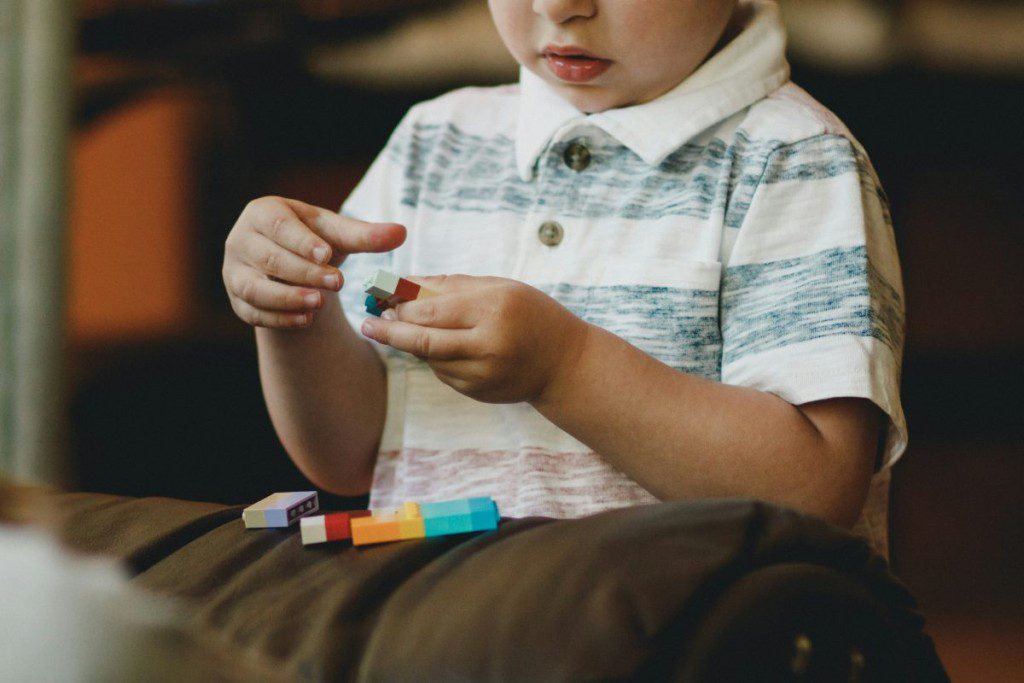Parenting is a journey filled with joy, challenges, and learning experiences. When raising a child with autism, this journey may seem more daunting, but it is equally rewarding. Autism Spectrum Disorder (ASD) is a neurodevelopmental condition that affects individuals differently, making each child unique in their needs and strengths. As parents, it’s essential to understand how to best support your child’s journey and provide them with the tools they need to thrive. In this blog post, we’ll explore practical advice and strategies for parenting a child with autism, helping you navigate this journey with confidence and compassion.
Understanding Autism Spectrum Disorder
Autism Spectrum Disorder (ASD) is not a one-size-fits-all condition; it manifests uniquely in each individual. While some children may excel in academic or artistic pursuits, others might struggle with sensory sensitivities or difficulties in verbal communication. Parents must recognize and appreciate this diversity within the spectrum. By understanding that autism presents differently in each child, and by learning about the latest stats on autism, parents can tailor their approach to meet their child’s specific needs and capitalize on their strengths. Moreover, acknowledging the spectrum nature of autism helps combat stereotypes and misconceptions surrounding the condition. Rather than viewing autism through a narrow lens of deficits, it’s important to recognize the potential and capabilities of individuals on the spectrum. This understanding fosters a more inclusive and supportive environment where every child is valued for their unique abilities and contributions.
Encourage Communication
Communication difficulties are common among individuals with autism, but there are various strategies to support and encourage communication development. Use clear and concise language, and provide visual supports such as pictures or gestures to enhance understanding. Explore alternative forms of communication, such as sign language or augmentative and alternative communication (AAC) devices, to help your child express themselves effectively. Above all, be patient and attentive to your child’s communication cues, and celebrate their progress, no matter how small.
Embrace Neurodiversity
Embracing neurodiversity goes beyond mere acceptance; it involves actively celebrating the rich tapestry of human cognition and experience. Recognizing that autism is just one variation in the vast spectrum of neurodiversity opens up opportunities for growth and learning. Rather than pathologizing differences, neurodiversity encourages us to appreciate the diverse ways in which individuals perceive and interact with the world.
By shifting the focus from deficits to strengths, parents can empower their children to embrace their unique neurology and navigate the world with confidence. Moreover, embracing neurodiversity promotes empathy and understanding among family members, peers, and society at large. It encourages us to look beyond stereotypes and assumptions, fostering meaningful connections based on mutual respect and acceptance. Ultimately, embracing neurodiversity is about recognizing the inherent value and dignity of every individual, regardless of their neurological makeup. By embracing diversity in all its forms, we create a world where everyone has the opportunity to thrive and contribute their unique gifts to society.
Establish a Supportive Environment
Creating a supportive environment is essential for children with autism to feel safe, understood, and valued. This includes both the physical environment, such as home and school settings, as well as the emotional atmosphere within the family. Consider making simple adjustments to accommodate your child’s sensory needs, such as providing quiet spaces or using visual schedules to help with transitions. Additionally, foster open communication and encourage your child to express their thoughts and feelings in a non-judgmental way.
Develop a Routine
Routine and predictability can be comforting for children with autism, providing a sense of structure and stability in their daily lives. Establishing a consistent daily routine can help reduce anxiety and improve overall functioning. Create a visual schedule outlining daily activities, and try to stick to a regular schedule for meals, bedtime, and other routines. Be flexible and understanding when unexpected changes occur, but strive to maintain a sense of predictability whenever possible.
Focus on Strengths and Interests
Every child has unique strengths, talents, and interests, and it’s essential to nurture and celebrate these qualities in children with autism. Pay attention to your child’s preferences and abilities, and provide opportunities for them to explore and develop their interests. Whether it’s art, music, science, or sports, encourage your child to pursue activities that bring them joy and fulfillment. By focusing on strengths rather than limitations, you can help build your child’s confidence and self-esteem.
Promote Social Skills Development
Social skills can be challenging for children with autism, but they can be taught and developed with patience and support. Provide opportunities for your child to practice social interactions in controlled settings, such as playdates or structured social skills groups. Teach specific social skills, such as taking turns, making eye contact, and understanding social cues, using visual aids and role-playing exercises. Model appropriate social behaviors and provide positive reinforcement for efforts to engage with others.
Seek Support and Resources
Parenting a child with autism can be overwhelming at times, but you don’t have to navigate this journey alone. Seek out support from professionals, such as therapists, educators, and support groups, who specialize in autism and can offer guidance and expertise. Take advantage of community resources and organizations that provide services and support for individuals with autism and their families. Remember that asking for help is a sign of strength, and there is a wealth of support available to assist you on your parenting journey.
Practice Self-Care
Caring for a child with autism can be emotionally and physically demanding, so it’s essential to prioritize self-care as a parent. Make time for activities that recharge your batteries and reduce stress, whether it’s exercise, hobbies, or spending time with loved ones. Seek out support from friends, family members, or support groups who understand your unique challenges and can offer encouragement and empathy. Remember that taking care of yourself enables you to be a better parent and advocate for your child’s needs.
Parenting a child with autism presents unique challenges, but with patience, understanding, and support, it can also be incredibly rewarding. By embracing neurodiversity, creating a supportive environment, and focusing on your child’s strengths and interests, you can help them thrive and reach their full potential. Remember to seek support when needed, both for your child and for yourself, and practice self-care to maintain your well-being. Together, we can empower children with autism to navigate the world with confidence and resilience.






